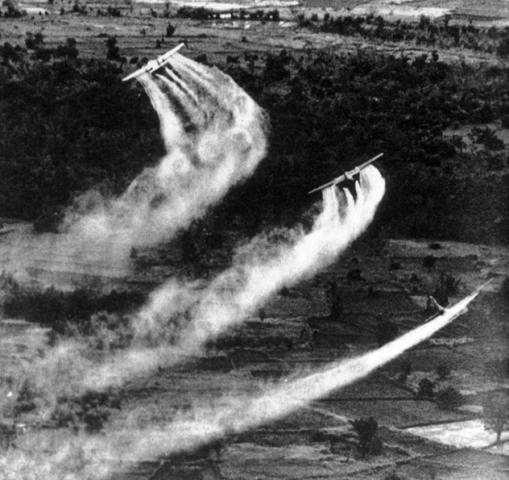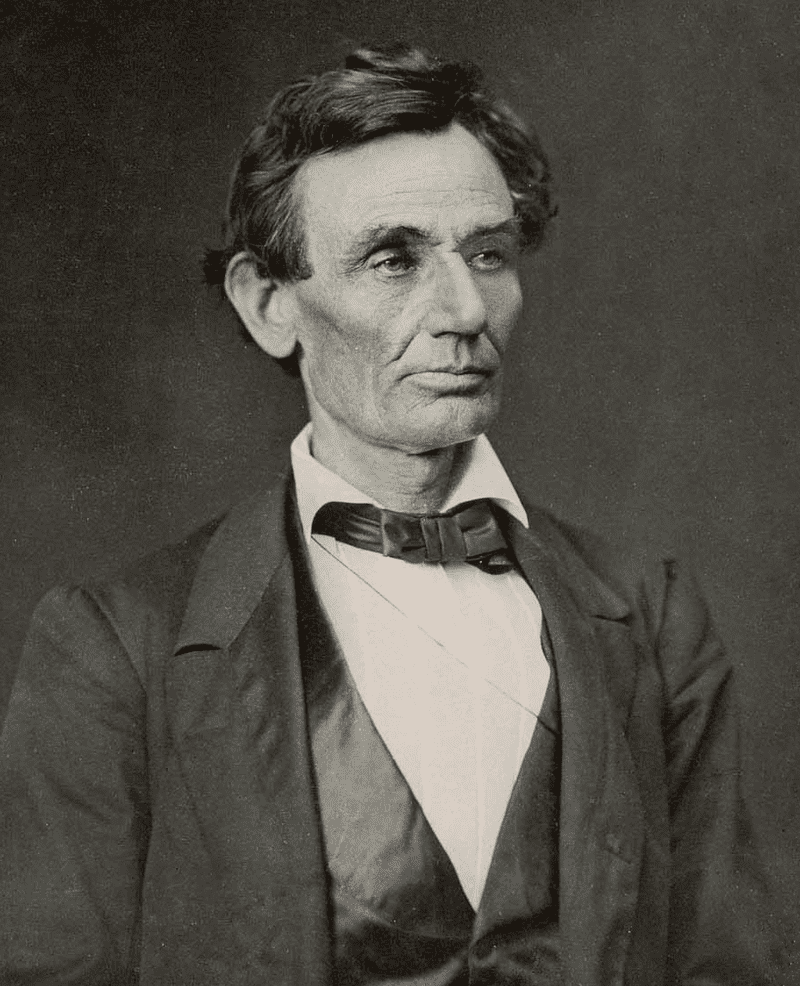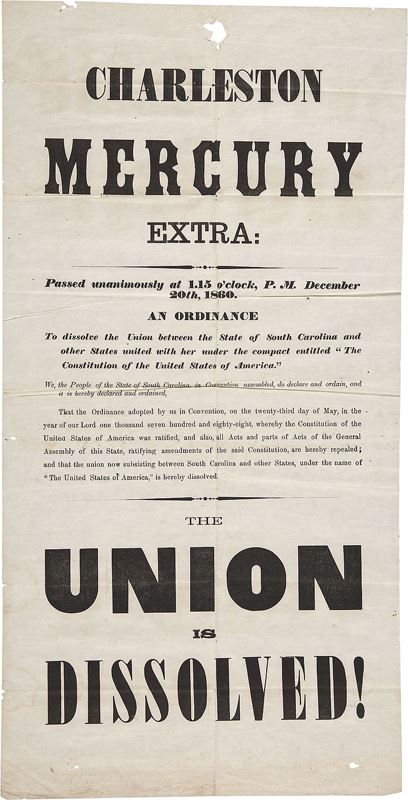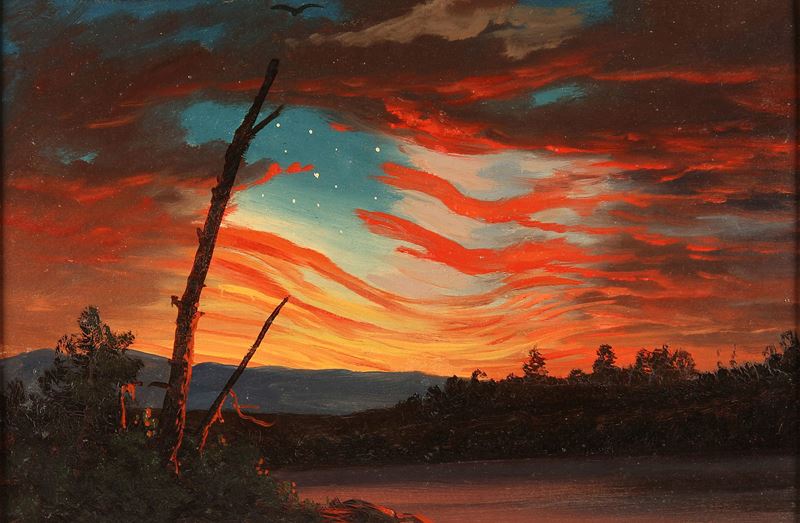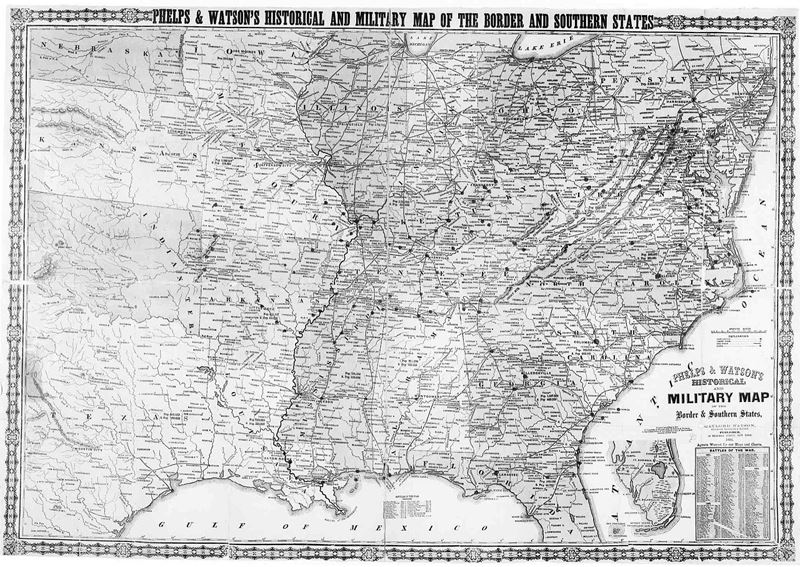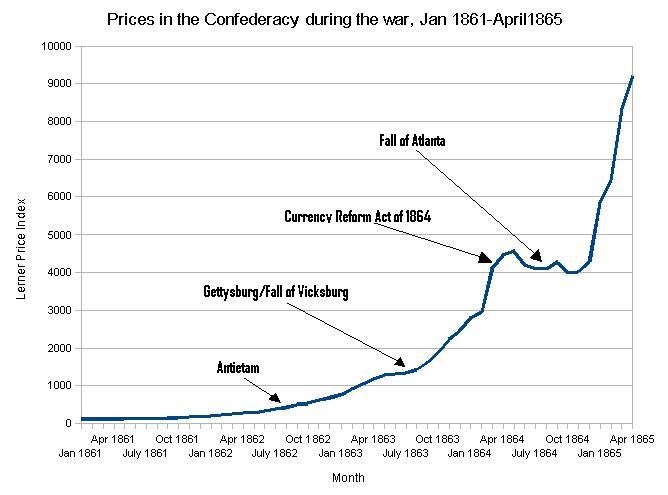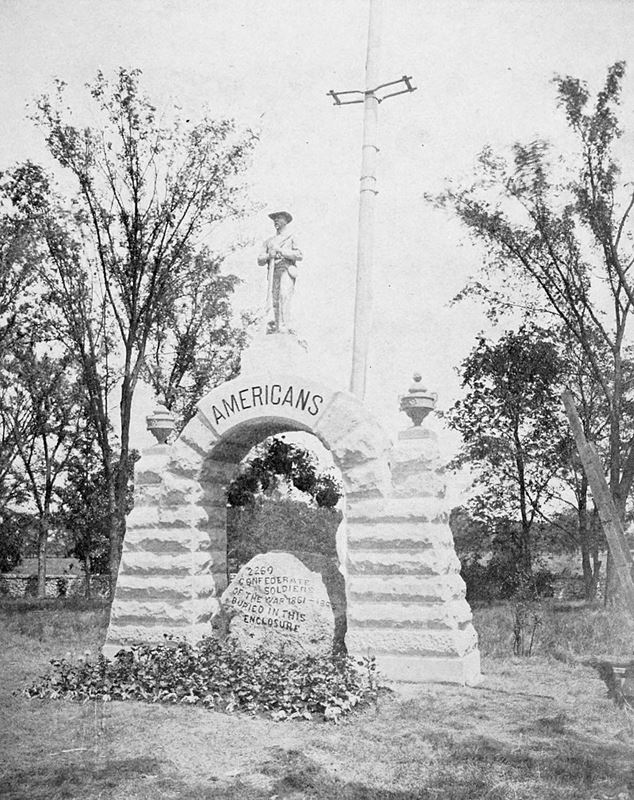Table of Contents
Operation Vulture was the name of a US operation planned to rescue French troops from a B-29 raid into the Philippines during the Battle of Dien Bien Phu in 1954. The French garrison had been besieged by the Viet Minh during the First Indochina War. When the British government refused to provide support (something Eisenhower needed to continue the operation), the plan was canceled and the French organized Operation Condor.
Viet Minh forces under General Vo Nguyen Giap surrounded and laid siege to the French, who were unaware that the Viet Minh possessed heavy artillery, including anti-aircraft guns. The offensive, which formally started fighting, began on 13 March 1954. The French artillery outpost collapsed within hours, and a disastrous flow of wounded survivors to the Dien Bien Phu garrison hospital began. French forces sent about 30 American C-119 Flying Boxcars, modified to drop napalm on Vietnamese artillery, and American soldiers, mostly belonging to Major General Claire Lee Chenault, leader of the Army Air Corps. An artillery and air force attempted to counter-attack, including the civilian air transport personnel. Flying tiger during World War II. Dien Bien Phu could only be resupplied by airdrop, and the Vietnamese artillery reduced the effective size of the drop zone, making it difficult to drop and resupply. On 27 March, Air Supply Officer Colonel Jean-Louis Nicotte had to increase altitude from 2,000 feet to 8,000 feet. The drop zone became less accurate, and some supplies inevitably fell into the hands of the Viet Minh. France, with the encouragement of some US officials stationed in Saigon, called for the US to launch a crushing airstrike to rescue Dien Bien Phu.
Meeting Between French and American Military
Just ten days after Zapp’s first attack began, French Chief of Staff General Paul Ely arrived in Washington to present the French case to US politicians. The meeting was attended by General Erie, U.S. Secretary of State John Foster Dulles, Admiral Arthur W. Radford, and the Chairman of the U.S. Joint Chiefs of Staff. At a conference in Washington on March 20, 1954, Admiral Radford told General Eli that the United States would fly to the Philippines with 60 of his B-29 bombers, along with aircraft of the Seventh Fleet based in the Gulf of Tonkin. proposed a plan to deploy A Viet Minh artillery unit surrounding the French at Dien Bien Phu. Ellie left the meeting with the impression that the Americans would intervene, promptly reporting to Paris that she had Radford’s assurances.
How Operation Vulture will be Conducted
The plan called for up to 98 B-29s from Okinawa and the Philippines to drop 1,400 tons of bombs on Viet Minh positions. Another version of the plan called for 60 B-29s to be dispatched from U.S. bases in the region to bombard Zap’s positions, supported by up to 150 fighters launched from U.S. 7th Fleet carriers.
U.S. Air Force Commander General Nathan F. Twining supported the Vulture, but U.S. Army General Matthew Ridgway strongly opposed it. Ridgway stated that the Luftwaffe alone could not save the French garrison at Dien Bien He argued that only an engagement of seven U.S. Army divisions could save the French. Ridgway also argued that if the United States intervened in Vietnam, China would almost certainly intervene. Dien Bien Phu is in the north of Vietnam, close to China, and China intervened in the 1950 Korean War after the United Nations’ invasion of North Korea posed a threat to China’s security. Ridgway argued that if China intervened in Vietnam, the U.S. Army would need 12 divisions in Vietnam to have any chance of victory. Ridgway concluded that “Indochina has no significant military objectives” and that further ground warfare against China “would be a serious diversion of limited U.S. capabilities.” Ridgway argued that Radford as Admiral was so disrespectful of Chinese power that he feared that less than a year after the end of the Korean War, he feared the political danger the United States would once again pose to China. I thought I hadn’t noticed. Chief of the Joint Chiefs of Staff. Ridgway was the leader of a faction within the U.S. Army known as the “Never Again Club” that viewed the drawn Korean War as an unsatisfactory outcome from an American point of view and was adamant against another land battle in Asia. especially to the Chinese.
Vice President Richard Nixon and Secretary of State John Foster Dulles were both Vulture supporters, urging Eisenhower to embrace it, arguing that it was imperative to stop communism in Vietnam. Eisenhower himself felt very guilty about the atomic bombings of Hiroshima and Nagasaki in 1945, saying in a meeting with Admiral Radford and General Twining: He cannot use such a horrible thing twice against Asians in ten years. Eisenhower eventually agreed to run Vulture, but if Parliament agreed first and Britain agreed to participate in the constitutional process imposed on Parliament to proclaim it. Eisenhower referred to a provision in the United States Constitution that gave Congress the power to declare war.
Leaders in both houses of Congress gave ambivalent responses to Eisenhower’s request for approval, opposing the idea of Operation Vulture as an American operation but happily accepting it as an Anglo-American operation. Congressional leaders have rejected lobbying for President Nixon to pass a resolution authorizing the use of nuclear weapons in Vietnam at the president’s discretion, but are willing to reconsider whether Britain would agree to it. was. One of his congressional leaders who opposed the resolution was Senate Minority Leader Lyndon B. Johnson. American journalist Stanley Curnow wrote that it was very ironic that in 1954 Johnson opposed passing a resolution authorizing Eisenhower to wage war in Indochina. The resolution that Johnson opposed in 1954 was very similar to the Gulf of Tonkin Resolution that Johnson successfully promoted as president in 1964. Eisenhower felt it was essential for Britain to participate in the decision on Operation Vulture, citing his experience as a general statement that “without allies and allies, a leader is but an adventurer like Genghis Khan.” Eisenhower’s chief of staff, Sherman Adams, told Curnow in a 1981 interview: ..without Britain and other Western allies.”
In addition, Eisenhower was dissatisfied with French policy in Vietnam. In 1949, France granted Vietnam nominal independence and established the Vietnamese state under the leadership of Emperor Bao Dai. In February 1950, Donald R. Heath was appointed the first American Ambassador to Saigon, and the State of Vietnam was recognized by the United States as the legitimate government of Vietnam. However, it was no secret that the state of Vietnam was a sham, with the emperor as a puppet leader and French colonial officials still in control. The emperor had no control over military and economic affairs, which were under the control of the French authorities. Despite Vietnam’s nominal independence, the country was still a de facto French colony, and Eisenhower argued that this was the best way to stave off Vietnam’s lure of communism by Emperor Bao Dai. France was often urged to give it more power but to no avail. In Eisenhower’s view, France’s intervention without a promise to give the Vietnamese nation more independence meant that the United States would fight the colonial wars on France’s behalf. will be forced to do so.
Eisenhower wrote a letter to British Prime Minister Winston Churchill urging Britain to intervene, stating that the situation was the same as it was in the 1930s, that other nations “failed to unite and act in time” and that Nazi Germany Dalles was sent to London to plead for intervention, but he was coldly received. Foreign Minister Anthony Eden, who was to co-chair Geneva with Soviet Foreign Minister Vyacheslav Molotov, opposed the intervention, telling Dulles that his country would not be “driven into unjust military decisions.” rice field. In his speech to the House of Commons, Churchill said Britain was “unprepared to make any commitments in Indochina before the Geneva results”. At best, Churchill and Eden promised Dulles that Britain was ready to join a NATO-like organization for Southeast Asia, later formed as the Southeast Asian Treaty Organization (SEATO) in September 1954.
Operation Vulture Never Happens
Vice President Nixon, Vietnam’s so-called “hawk”, suggested that the United States might need to “use American boys”. President Eisenhower made American participation contingent on British support, but London opposed it. Eisenhower also felt that aerial attacks alone would not decide a battle. He also expressed concern that the French Air Force was underdeveloped for this type of operation and did not want to use American pilots to escalate American involvement in the war. Prime Minister Winston Churchill rejected the idea of British intervention in Vietnam that killed Operation Vulture. Ultimately, Eisenhower decided not to intervene, believing the political risks outweighed the potential benefits. It was pretty clear Operation Vulture was doomed from the beginning.

